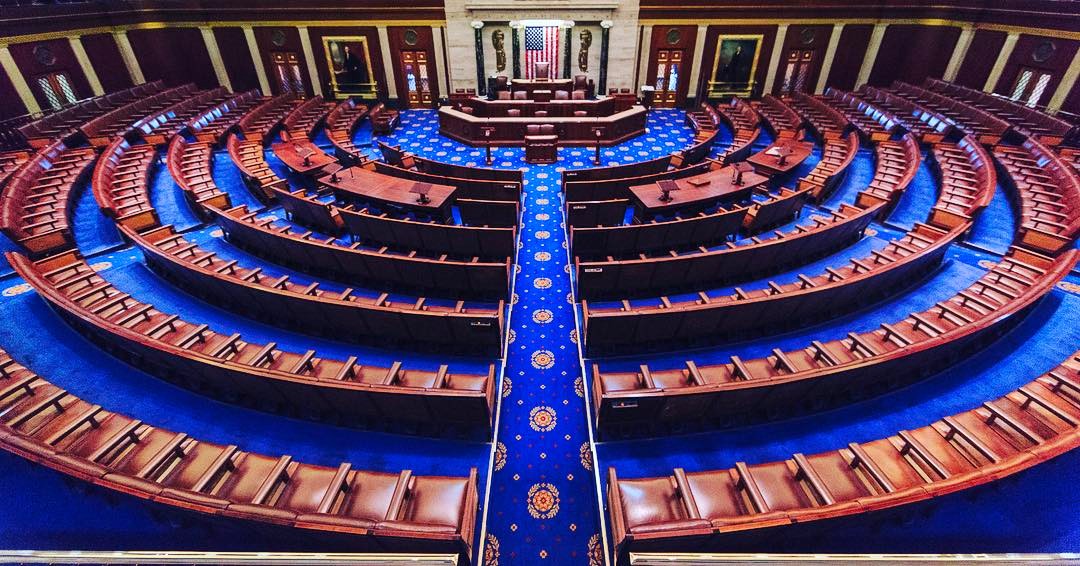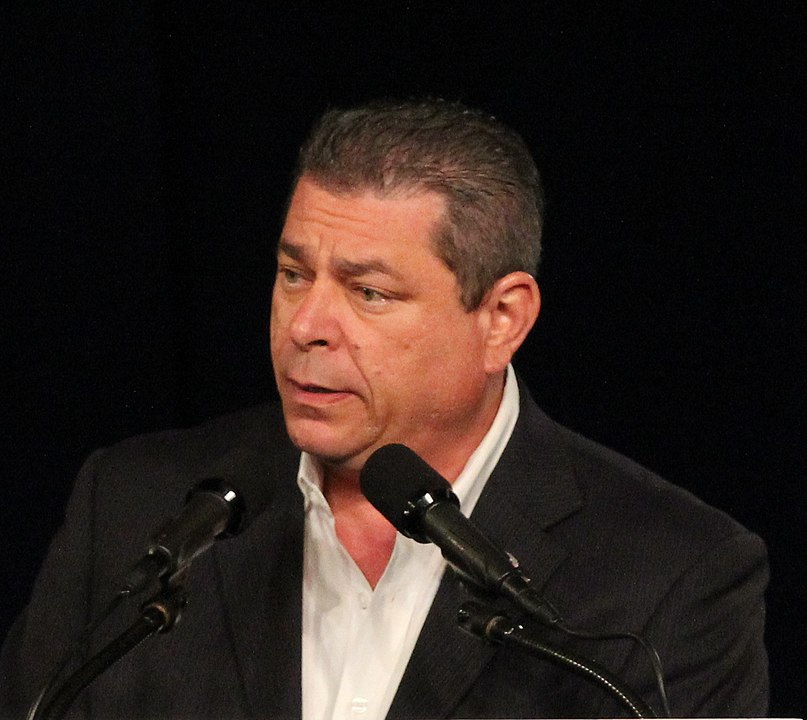There's an old and common saying, "pride goes before a fall", which is an apt description for the failure of the Republican party to anticipate the mood of the electorate in the 2022 midterm elections earlier this month. Republicans expected they would unleash a "red wave" in the midterms that would take back control of the house and senate. After all, Republicans had good reasons to feel optimistic: firstly, midterms are typically harmful for the incumbent President's party. The sitting President's party has lost seats in the House of Representatives 17 times and lost seats in the Senate 13 times, in the 19 midterm elections that have taken place after World War II. Additionally, President Biden's approval ratings were setting benchmarks for mediocrity. Unfortunately for the GOP, the anticipated "red wave" never materialized, as Republicans only managed to gain a slim majority in the House of Representatives, while Democrats managed to gain control of the Senate (including 3 independents that are closely aligned with the DNC). While progressive leaders felt vindicated by the results of the midterm elections, Republican leaders have engaged in soul searching, bemoaning their inability to take advantage of President Biden’s abysmal approval ratings and the historical trend for midterm elections. Republicans still managed to win 222 of the 435 races for the House of Representatives and 20 of the 35 Senate races, as well as 18 gubernatorial races, winning half of the 36 races for Governor. The results have been considered, almost indisputably, as a disaster for Republican hopes heading into election day and Republicans will have to re-configure their strategy as both parties prepare for the Presidential elections in 2024.








